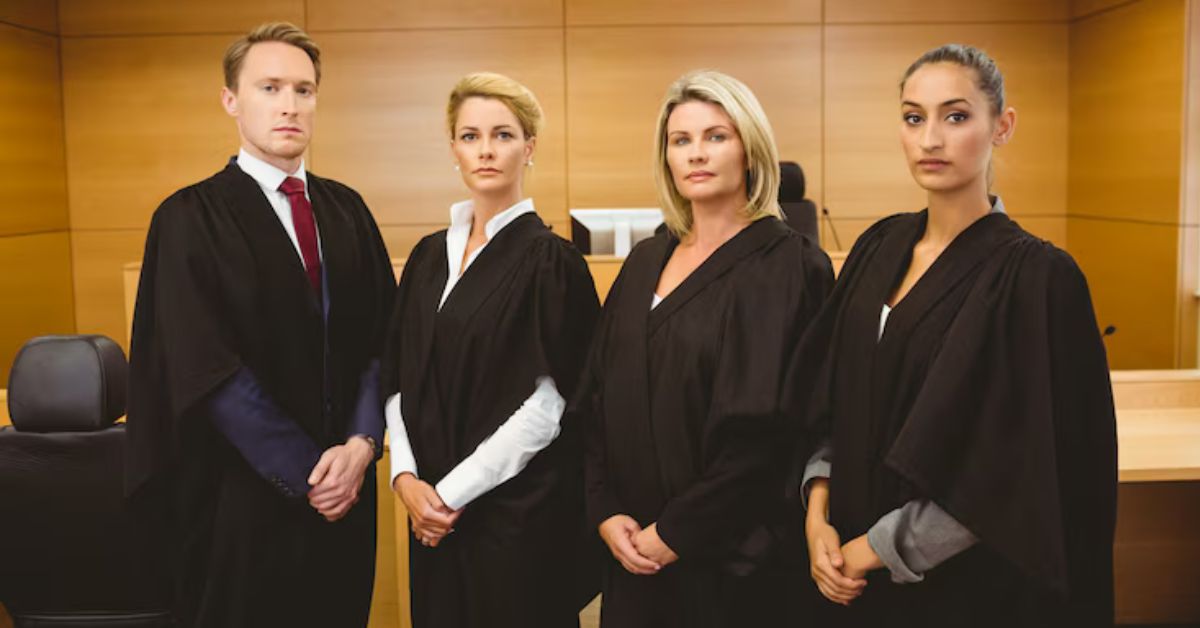Understanding the differences between military and civilian criminal cases is crucial. Military cases follow the Uniform Code of Military Justice. They are unique from the civilian legal system. On the other hand, civilian cases follow local, state, or federal laws. In military cases, the accused faces a more formal environment. A military lawyer represents service members, guiding them through complex proceedings. Meanwhile, civilian cases might offer more flexibility in terms of legal representation and court procedures. Additionally, military cases can impact a service member’s career significantly. Civilian cases often focus on penalties like fines or imprisonment. Understanding these distinctions helps you navigate these systems if needed. You’ll be better prepared and informed, making the legal process less daunting. This knowledge empowers both service members and civilians. They can approach legal challenges with confidence and clarity, ensuring justice is served fairly and effectively.
Legal Framework
The Uniform Code of Military Justice (UCMJ) governs military cases. This set of rules is comprehensive, designed to maintain order and discipline among service members. Civilian cases, however, are guided by a variety of laws that vary by location. This means each legal system has its own rules and procedures.
Types of Offenses
In military cases, some offenses are unique to the military. These include absence without leave (AWOL) and insubordination. In contrast, civilian cases deal with offenses like theft and assault. Both systems handle crimes such as murder and fraud, yet the context and consequences often differ.
Trial Process
Military trials, known as courts-martial, include three main types: summary, special, and general. Each type addresses different levels of offenses and has distinct procedures. Civilian trials usually involve preliminary hearings, pleas, and then trials if necessary. In military trials, the panel determining guilt is often composed of military personnel, whereas civilian juries consist of peers from the community.
Legal Representation
In military cases, defendants are assigned a military lawyer. This legal representative has specific training in military law. Civilian defendants often hire private attorneys or use public defenders. The choice depends on financial resources and the complexity of the case.
| Aspect | Military Cases | Civilian Cases |
| Governing Law | Uniform Code of Military Justice | Local, State, Federal Laws |
| Offense Examples | AWOL, Insubordination | Theft, Assault |
| Trial Type | Court-Martial | Jury Trial |
| Jury Composition | Military Personnel | Community Peers |
Punishments
Military punishments can be severe. They may include demotion, dishonorable discharge, or confinement. These can affect a service member’s career and future. Civilian punishments often involve fines, probation, or imprisonment. The impacts remain significant but differ in personal and professional realms.
Appeals Process
Military appeals go through the military appellate courts. These include the Army, Navy-Marine Corps, and Air Force Courts of Criminal Appeals, among others. Civilian appeals, however, progress through state or federal appellate courts. Each system has its procedures and timelines for appeals.
Impact on Life and Career
The repercussions of a military conviction extend beyond legal penalties. They can end a military career and affect veterans’ benefits. Civilian convictions might impact employment opportunities and personal relationships. Regardless of the system, criminal cases carry heavy consequences.
For more details on military legal systems, you can visit the U.S. Justice Department. Understanding these processes equips you to better handle legal challenges. You can protect your rights and future more effectively. Whether facing military or civilian charges, knowledge is a powerful tool. It ensures a fair trial and a just outcome.







